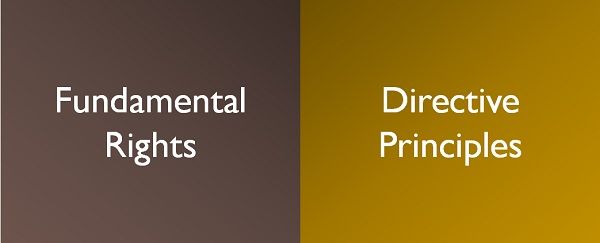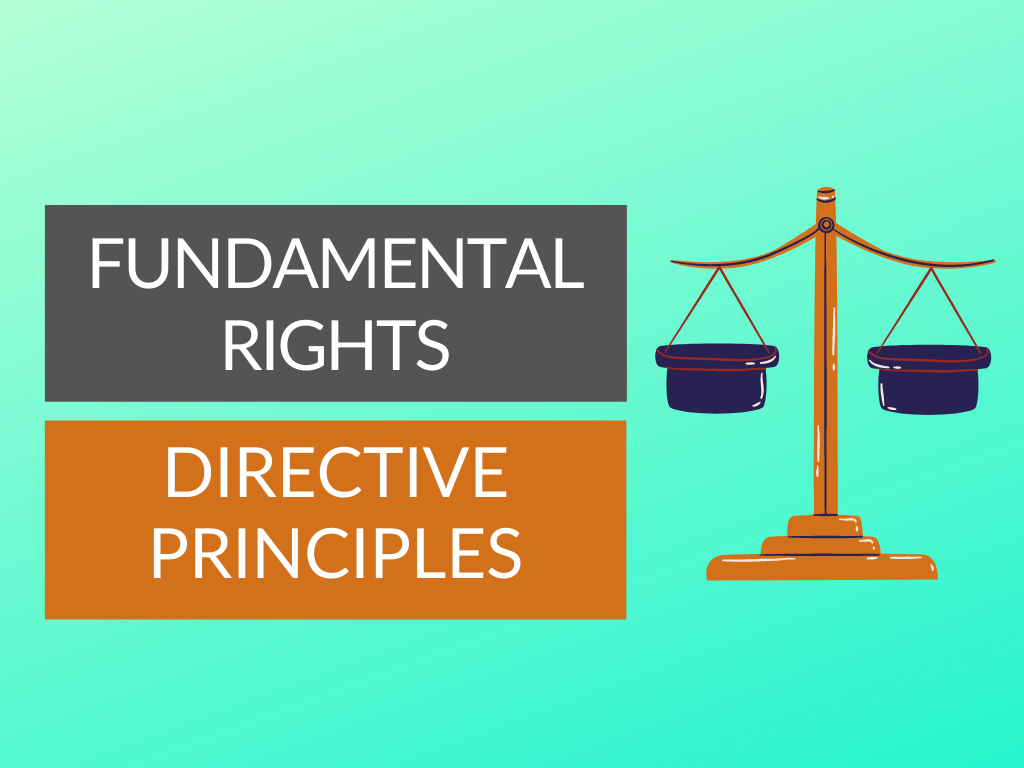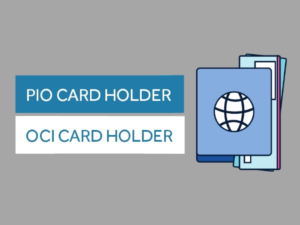The Fundamental Rights and Directive Principles are the sections of the Constitution of India that Implicates obligations, rights and duties of the citizens of India. These are the important elements of the constitution developed by the Constituent assembly of India.
Directive Principles:
The directive principles of state policy are enumerated in part 4 of the constitution from article 36 to 51. The framers of the Constitution borrowed this idea from the Irish constitution of 1937 which had copied it from the Spanish constitution.
Dr BR Ambedkar described this principles as novel features of Indian constitution. The Directive Principles along with the fundamental rights contained the philosophy of the constitution and is the soul of the constitution.
Fundamental Rights:
Fundamental rights are the people rights guaranteed by the Indian Constitution according to fundamental rights article 12 – 35. There are 6 fundamental rights in the Indian constitution. They are:
1.Right to equality
2. Right to freedom
3. Right against exploitation
4. Right to freedom of religion
5. Cultural and educational rights
6. Right to constitutional remedies
The justiciability of fundamental rights and non justiciability of Directive Principles on the one hand and the moral obligations of state to implement Directive Principles (article 37) on the other hand have a lead to a conflict between the two since the commencement of the constitution.
The court had declared that the Directive Principles have to conform to and run as subsidiary to the fundamental rights. But it also held that the fundamental rights could be amended by the Parliament by enacting Constitutional Amendment Act.


Difference between Fundamental Rights and Directive Principles:
| Fundamental Rights | Directive Principles |
|---|---|
| These are negative as they prohibited the state from doing certain things | These are positive as they required the state to do certain things |
| These are justiciabile that is they are legally enforceable by the courts in case of violation | These are non justiciable that is they are not legally enforceable by the courts for their violation |
| They aim at establishing political democracy in the country | They aim at establishing social democracy in the country |
| They have legal sanctions | These have moral and political sanctions |
| They promote the Welfare of the individual Hence they are personal and individualistic | They promote the Welfare of the community and hence they are not automatically enforced |
| They do not require any legislation for their implementation. they are automatically enforced | They require legislation for their implementation they are not automatically enforceable |
| The courts are bound to declare a law violative of any of the fundamental right as unconstitutional and invalid | The court cannot declare a law violative of any of the Directive Principles as unconstitutional and invalid however they can upload the validity of a law on the ground that is enacted to give effect to directive. |
Conclusion:
No law which seeks to implement the socialistic Directive Principles specified in article 39 b and c shall be void on the ground of contravention of the fundamental rights conferred by Article 14 before law and equal protection of laws.
It means that Directive Principles were once again made subordinate to the fundamental rights but the fundamental rights conferred by the article 14 and article 19 accepted as subordinate to the directive principles.
For further reading about Difference between Stock and Share click here.




